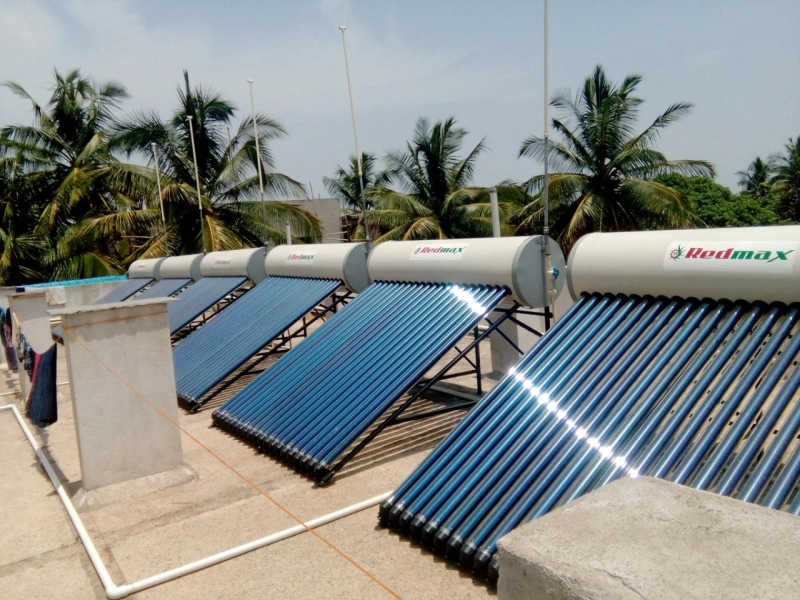If you're considering a solar water heater, there are two basic types. Direct active systems use the sun's rays to heat the water. Indirect systems use an indirect fluid to warm the water. While direct active systems are the most efficient, they only work in mild climates and are not suitable for cold climates. Most systems cost around $2,000 to $3,000 and are available in a variety of sizes. However, they're not as efficient as their indirect counterparts.
An energy solutions uses sunlight to warm a liquid, which is then circulated back into the home. A solar water heater consists of a storage tank and a collector. You can choose the size of your tank based on the size of your home. The size of the tank will determine how much hotter the water will be. A single-walled solar water heater will be adequate for a small apartment or small house. Double-walled solar water heating systems are ideal for climates that have hard freezes.
What are the Advantages of a Solar water heater?
When you shop for a solar water heater, you should consider the size and style of the system. A basic solar water heater system can cost anywhere from $1,000 to $4,000, depending on the features and style. If you want extra plumbing, backup heaters, and switches for the system, the price will go up. Depending on the number of panels you want, your solar water heater can cost anywhere from $850 to $1,500.
You can choose the type of solar water heater based on its size and cost. The smaller, cheaper systems are best suited for apartments or smaller homes. You should also consider the energy-saving benefits of a large solar water heater. Most of them have a lifespan of several years. Some models are more than 20 years old and can pay for themselves in as little as three to four years. For those who want to avoid this long-term commitment, passive solar heating is recommended.
Most solar water heating systems fall in the $3,000 to $5,000 price range. The tank used in a solar water heater can range from eight to a hundred and fifty gallons. A full-size solar water heater costs up to $16,000, while a smaller one can cost up to $12,000. There are several features to consider when comparing prices. Some of these features are more beneficial than others. Some are better than others. A good quality solar water heater will last for many years.
Do solar panels Need Maintenance?
The Sunbank solar water heater has a 92% absorbency efficiency rating. It can heat water equivalent to 43,000 BTUs per day. For larger homes, the Sunbank 40 gallon model is the best choice. Its weight and absorption efficiency are impressive. In addition, the Sunbank solar water heater is also a popular choice for those who want a solar-powered water heater for their home. A large enough tank will provide hot and comfortable water for two to three people.
A solar water heater uses solar collectors to heat the water. Most commonly, the collectors are flat-plate or tube-shaped structures that are placed on the roof. The solar water heater pump is used to move the water and heat transfer solution through the tubes. The sun's thermal energy is transferred to the liquid. A water heater can save up to 50% of your home's energy bill. So, there are some benefits of a solar water heater.
A Solar Water Heater works by circulating liquid through a collector on the roof. The collectors use a pump to move the heat-exchange fluid. The fluid carries the heat from the sun from the roof to the tank. Once it reaches the tank, the water is heated and sent to a tap. Then, the heat exchange fluid is then recycled through the entire system. A solar water heater is an excellent choice for a home that wants to save money on energy costs.
Conclusion :
A solar water heater is a good choice if you're looking to save on maintenance costs. The system requires no flushing and only needs to be maintained by a plumber every few years. A typical solar water heater should be installed by a professional. Once it's installed, it will take a few hours to heat the water in your home. It will heat the water to a comfortable temperature in the shower. You'll then be able to enjoy your new hot shower with less energy than ever.


